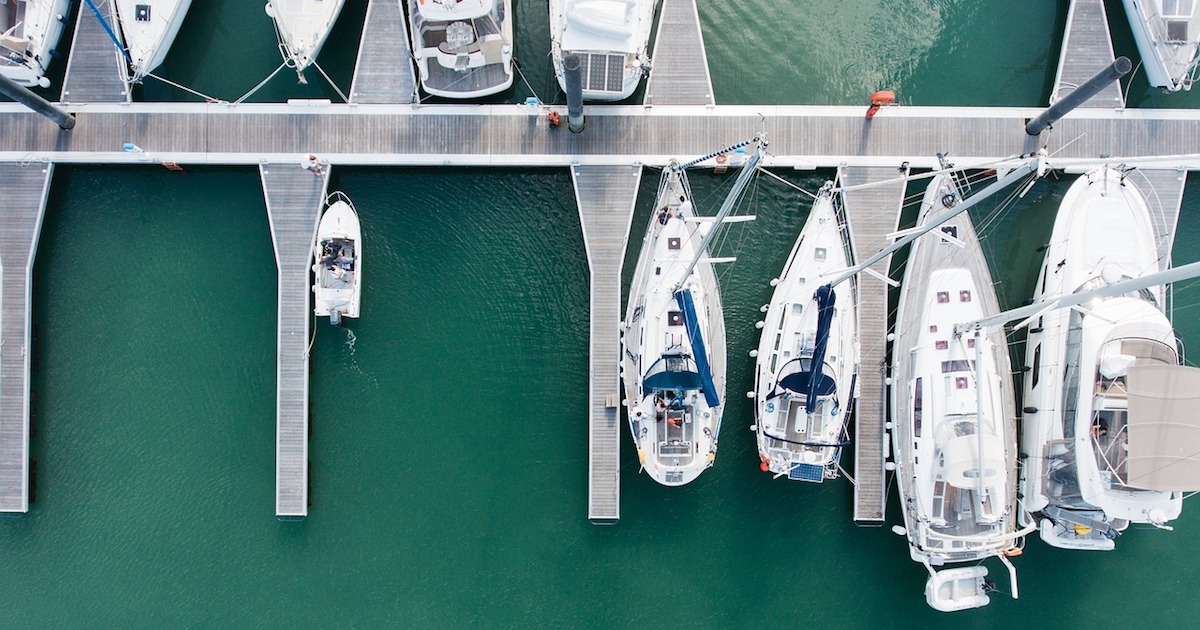Owning a boat can be a thrilling experience, offering the freedom to explore vast waters and enjoy moments of tranquility far from shore. However, with this freedom comes responsibility, particularly when it comes to protecting your investment and ensuring your safety on the water. Boat insurance plays a crucial role in safeguarding both your vessel and your peace of mind. Understanding what your boat insurance should cover is essential for every boat owner, whether you sail occasionally or spend countless hours navigating the seas.
Understanding Boat Insurance Basics

Boat insurance is a specialized type of coverage designed to protect boat owners from financial loss due to damage, theft, or liability issues involving their vessel. Similar to auto insurance, it offers protection against unforeseen circumstances that could otherwise result in significant financial burden. Policies can vary widely depending on the type of boat, its intended use, and the insurer, so it’s crucial to carefully review and understand the specifics of your coverage.
Coverage Options to Consider
- Physical Damage Coverage:
- Hull Insurance: This covers damage to the hull, machinery, and equipment of your boat caused by accidents such as collisions, fire, storms, or vandalism.
- Agreed Value vs. Actual Cash Value: Agreed value policies pay out a predetermined amount agreed upon when the policy is purchased, while actual cash value policies factor in depreciation.
- Liability Coverage:
- Property Damage and Bodily Injury: Protects you in case your boat causes damage to another person’s property or injures someone.
- Wreck Removal: Covers the costs of removing your boat if it sinks or is damaged beyond repair, preventing environmental hazards.
- Medical Payments Coverage:
- Personal Injury: Covers medical expenses for you and your passengers in the event of an accident, regardless of fault.
- Uninsured/Underinsured Boater Coverage:
- Protection: Covers damages incurred if your boat is hit by an uninsured or underinsured boater.
- Additional Coverage Options:
- Towing and Assistance: Covers the costs of towing and roadside assistance if your boat breaks down.
- Personal Effects: Reimburses you for personal items lost or damaged while on your boat.
- Trailer Coverage: Extends coverage to your boat trailer against damage or theft.
Factors Influencing Coverage Needs
When determining the extent of coverage required for your boat, several factors should be taken into account:
- Boat Type and Size: Larger or more expensive boats typically require higher coverage limits.
- Navigation Limits: Some policies restrict where you can sail, so ensure your coverage aligns with your intended cruising area.
- Usage: Recreational use may have different insurance needs compared to commercial or charter operations.
- Storage and Transportation: Coverage may vary whether your boat is stored on land or in water, and during transit.
Understanding Policy Exclusions and Limits
It’s essential to carefully review the exclusions and limitations of your boat insurance policy. Common exclusions may include wear and tear, gradual deterioration, and damages resulting from improper maintenance or use. Additionally, there are usually limits on coverage for specific items like personal effects or specific types of watercraft.
Choosing the Right Insurance Provider
Selecting the right insurance provider is as critical as choosing the appropriate coverage. Consider the following when evaluating insurers:
- Financial Stability: Ensure the insurer is financially sound and capable of paying claims.
- Customer Service: Look for positive reviews and feedback regarding claims handling and customer support.
- Specialized Knowledge: Insurers with experience in boat insurance may offer more tailored coverage and better understand the unique risks involved.
Additional Tips for Boat Safety and Insurance
- Regular Maintenance: Proper maintenance can prevent accidents and ensure your boat remains in good condition, potentially lowering insurance premiums.
- Safety Equipment: Install and maintain safety equipment such as life jackets, fire extinguishers, and navigation lights to reduce risks and potentially lower premiums.
- Boating Courses: Completing boating safety courses not only enhances your skills but may also qualify you for insurance discounts.
- Review Coverage Annually: As your boating habits and vessel may change over time, review your coverage annually to ensure it still meets your needs.
Conclusion
Boat insurance is a critical component of responsible boat ownership, providing financial protection and peace of mind in case of emergencies. By understanding the various coverage options, exclusions, and factors influencing your insurance needs, you can make informed decisions to safeguard your investment and enjoy your time on the water worry-free. Remember, the right insurance policy not only protects your boat but also protects you, your passengers, and your financial well-being when unexpected events occur on the water.
As you navigate the waters of boat ownership, prioritize safety, compliance with regulations, and thorough understanding of your insurance coverage to ensure a seamless and enjoyable experience on every voyage.
